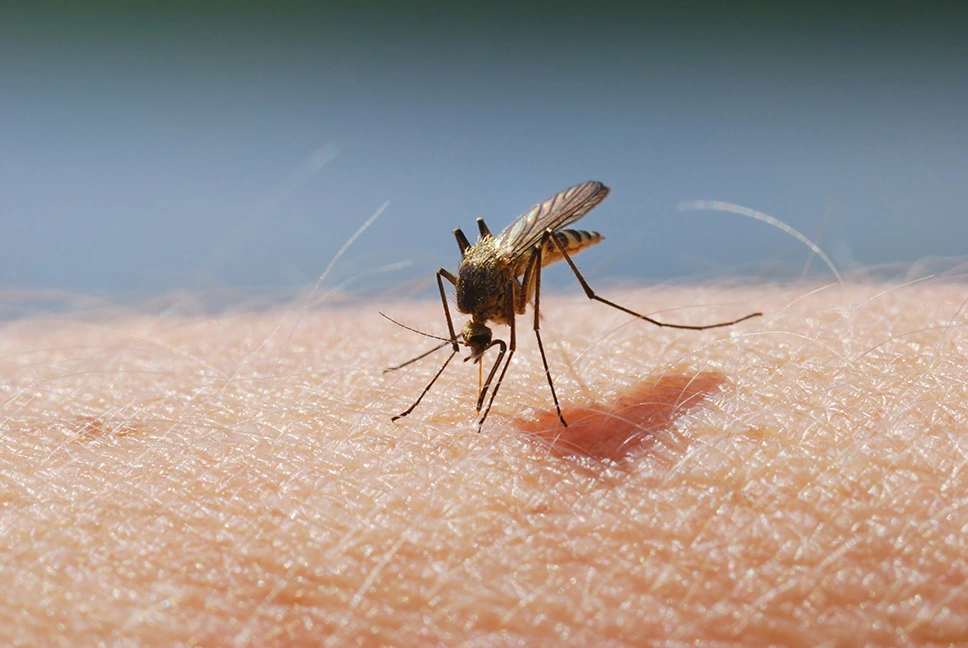Insect bites are a common nuisance that can disrupt our outdoor activities and leave us dealing with discomfort and irritation. Whether it’s a mosquito, bee, wasp, ant, or spider, these tiny creatures have the potential to leave behind more than just a mark—they can cause itching, swelling, and even pain.
Knowing how to properly treat insect bites is essential not only for alleviating immediate symptoms but also for preventing the bite from becoming infected.
If you think you might have an infected insect bite, don’t wait to see your doctor. Book an online consultation with a pharmacist to get the care and treatment you need.
How to treat insect bites?
The first step is to clean the affected area with mild soap and water. This helps remove any dirt or bacteria that could lead to infection.
If you notice a bee or wasp stinger is still stuck in your skin, gently scrape it out using your bank card or your fingernail to avoid squeezing more venom into the skin.
Keep the affected area raised
Elevating the affected area can reduce swelling and discomfort.
If possible, try to keep the bitten or stung area elevated above the level of the heart. This position encourages blood flow away from the bite.
Apply a cold compress
If the affected area appears swollen, consider applying an ice pack wrapped in a cloth or a clean cloth soaked in cold water.
Applying cold compresses for at least 20 minutes can help numb the area and reduce inflammation, providing immediate relief.
Use a soothing cream
Applying a hydrocortisone cream directly to the affected area can help reduce itching and inflammation. Calamine lotion is another popular option that provides a cooling sensation and helps soothe the skin.
Make sure to carefully follow the instructions on the packaging to avoid any further complications.
Take an antihistamine
Itchiness from insect bites happens because your body releases histamines as part of the body’s natural defence.
You can reduce itching by taking oral antihistamines like cetirizine or loratadine.
Take a painkiller
If your bite is particularly painful, you can take a low strength painkiller such as paracetamol or ibuprofen to get effective relief. They can also help to reduce inflammation around the affected area.
However, you should always follow the recommended dosage amounts, and should not give ibuprofen to a child underneath the age of 6 months.
Frequently asked questions about insect bites
What's the best remedy for insect bites?
For insect bites, apply ice to reduce swelling and consider using over-the-counter creams containing ingredients like hydrocortisone or calamine for itching. Consult a pharmacist if symptoms persist.
Can insect bites cause allergic reactions?
Yes, insect bites can cause allergic reactions in some people. If you or someone near you experiences severe symptoms, call 999 immediately.
Do some insects cause more severe bites than others?
Yes, some insects, such as mosquitoes, ticks, and bees, can cause more severe bites or stings due to venom injection or allergic reactions.



